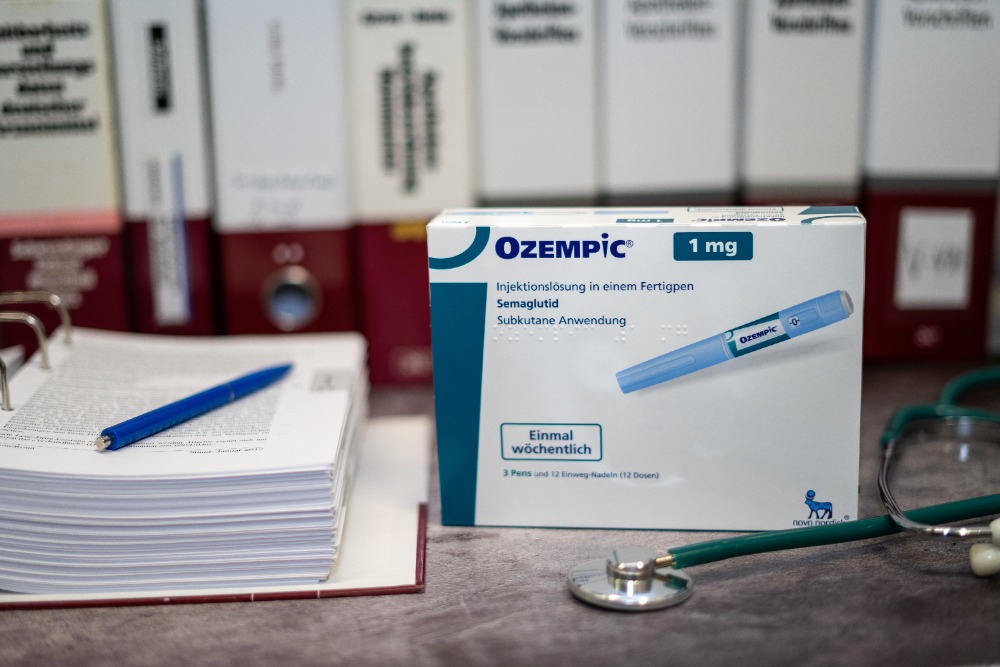Prescribing to Patients Whom You Have Not Assessed In-Person

Recently there has been significant media coverage regarding the prescribing and dispensing of high volumes of Ozempic by Canadian licensed healthcare professionals to patients in the United States.
Semaglutide, sold under the brand name Ozempic and approved to treat Type 2 diabetes, is gaining popularity due to its off-label use for weight loss. Advertising and social media hype about Ozempic’s effectiveness as a means of losing weight is creating a demand for the drug in the US.
The College first learned about the concerns regarding the volume of Ozempic prescribing dispensed by two pharmacies in British Columbia on March 29 through media coverage of Minister Dix’s statements. The College immediately contacted the College of Pharmacists of British Columbia, requesting the information needed to launch an investigation.
On April 5, we received a letter from the College of Pharmacists of BC outlining Dr. David Davison’s prescribing. Upon receipt, the College immediately initiated our complaint process. Less than 24 hours later, an Investigation Committee issued an interim suspension of Dr. Davison’s licence to practise.
Dr. Davison lives in the US while holding a Nova Scotian licence. By law, the College must issue licences to qualified non-resident physicians. To our knowledge, Dr. Davison has not practised in Nova Scotia for many years. Based on volume alone, this prescribing is not in keeping with the standards of the profession in any jurisdiction in Canada. On its face, the prescribing appears incompetent. The College has launched a full investigation of this serious matter.
Pharmacists cannot process prescriptions from American physicians unless signed off by a Canadian physician. This signing off is by law prescribing. It must meet the standards of the profession.
As demand for the drug grows in other jurisdictions, you may be approached by a physician, pharmacist, or pharmacy to “re-write”, “co-sign,” or “counter-signing” prescriptions for this drug or any other medications. This raises a concern about prescribing to patients whom physicians have not seen or assessed in person. Physicians must only prescribe medications to patients within a patient-doctor relationship.
Co-signing a prescription is an act of prescribing, giving rise to all of the expectations and requirements set out in the College’s Professional Standards and Guidelines Regarding Prescribing.
The College recognizes that there may be unusual circumstances where a physician may prescribe without direct in-person contact. In these circumstances, the onus is on the physician to demonstrate that they could safely provide the prescription. The College’s standard sets out the obligations when prescribing in absence of direct patient contact.
